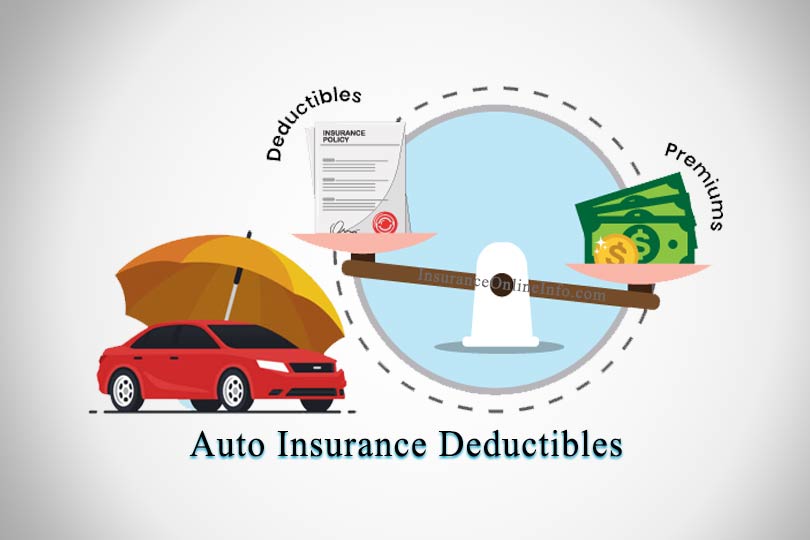Dealing with the aftermath of a car accident can be overwhelming, and the last thing you want to worry about is paying a deductible. To ease your concerns and empower you to make informed decisions, we have compiled this comprehensive guide to auto insurance deductibles. Whether you need to file a claim or are selecting a new policy, understanding Auto Insurance deductibles is essential.
How Auto Insurance Deductibles Work
Deductibles are a straightforward concept in the world of auto insurance. When you have an accident, you pay a specific amount called a deductible before your insurance coverage kicks in. This payment essentially “activates” your policy, and your insurance provider covers the rest of the claim, up to the policy limits. For example, if your deductible is $500 and your repair costs amount to $5,000, your insurer will pay $4,500, while you cover the remaining $500 for repairs.
Types of Car Insurance and Deductibles
Interestingly, not all types of car insurance require a deductible. Liability insurance, the minimum coverage mandated in most states, doesn’t involve deductibles. This is because liability insurance covers the other driver’s expenses, and your insurer takes care of those costs. However, other types of insurance may involve deductibles, including:
- Collision Coverage: Requires a deductible for damages resulting from collisions with other vehicles or stationary objects.
- Comprehensive Coverage: Involves a deductible for damages caused by non-collision incidents, such as weather, theft, vandalism, or hitting an animal.
- Uninsured/Underinsured Motorist: Requires a deductible for property damage claims but not for bodily injury coverage.
- Personal Injury Protection (PIP) and Medical Payments: May require deductibles for medical costs coverage.
- Roadside Assistance and Rental Car Reimbursement: Usually do not require deductibles but may have usage caps and limits.
The Impact of Deductibles on Premiums
While paying a deductible for an Insurance claim might be daunting, it can have a silver lining when it comes to your premiums. Insurance providers calculate premiums based on various factors, such as age, gender, vehicle make, driving history, and more. The deductible you choose also influences your premiums. Higher deductibles result in lower premiums, while lower deductibles lead to higher premiums. This balance allows you to customize your policy based on your willingness to spend on a deductible.
Choosing Your Deductible
Selecting the right deductible for your needs can be a significant decision with long-term implications. To help you make the right choice, consider the following questions:
- Do you prefer paying lower premiums or having lower repair costs in the event of a claim?
- Can you afford to pay the deductible with no notice if an accident occurs suddenly?
- Are there specific deductible restrictions in your financing or leasing agreement?
When You Don’t Pay a Deductible
In certain scenarios, you might not be required to pay a deductible. If the other driver is at fault in an accident, their insurance will cover your repairs, absolving you of the deductible responsibility. Additionally, policies with diminishing deductibles gradually reduce your deductible over time without increasing your premiums, rewarding you for staying accident-free. If you have a full-glass option, you won’t pay a deductible for glass-related damages, and certain coverage types like roadside assistance or rental car reimbursement typically don’t involve deductibles.
What to Do If You Can’t Pay Your Deductible
In cases where you can’t afford to pay the deductible, your insurance provider won’t proceed with the claim and repairs. To avoid such situations, it’s crucial to choose a deductible that aligns with your financial capabilities.
Being well-informed about auto Insurance deductibles empowers you to create a comprehensive car insurance policy that suits your needs. Balancing premiums and deductibles is a key aspect of tailoring coverage to your preferences and driving habits. Don’t wait; access free quotes now to understand how your deductible choices impact your rates. We’ve got you covered with the knowledge and tools to make the right decision for your auto insurance needs.







